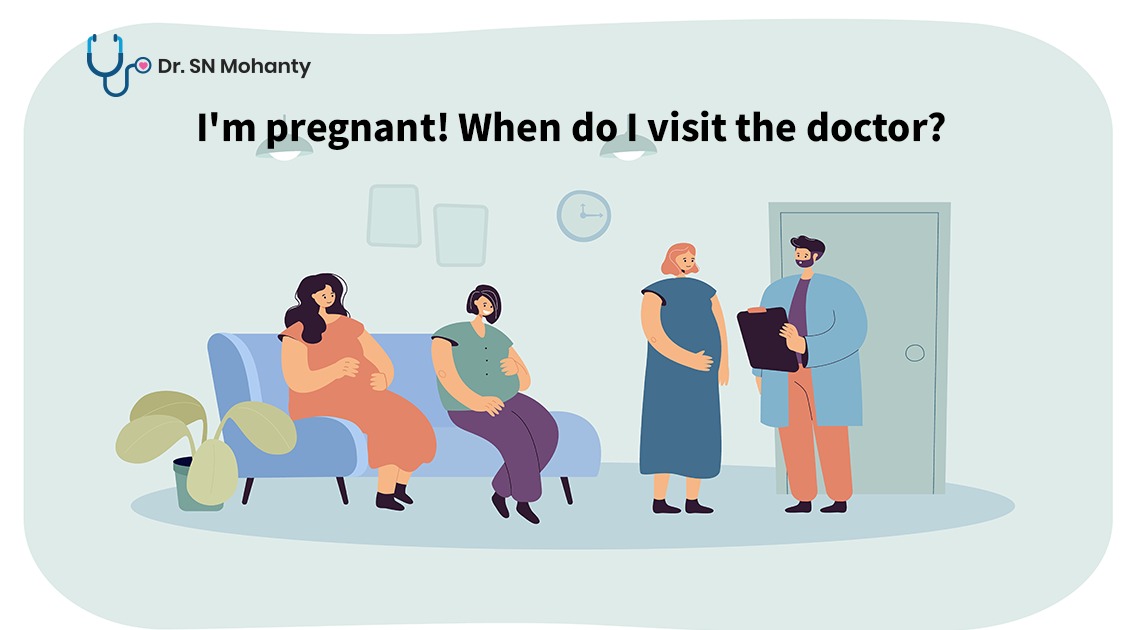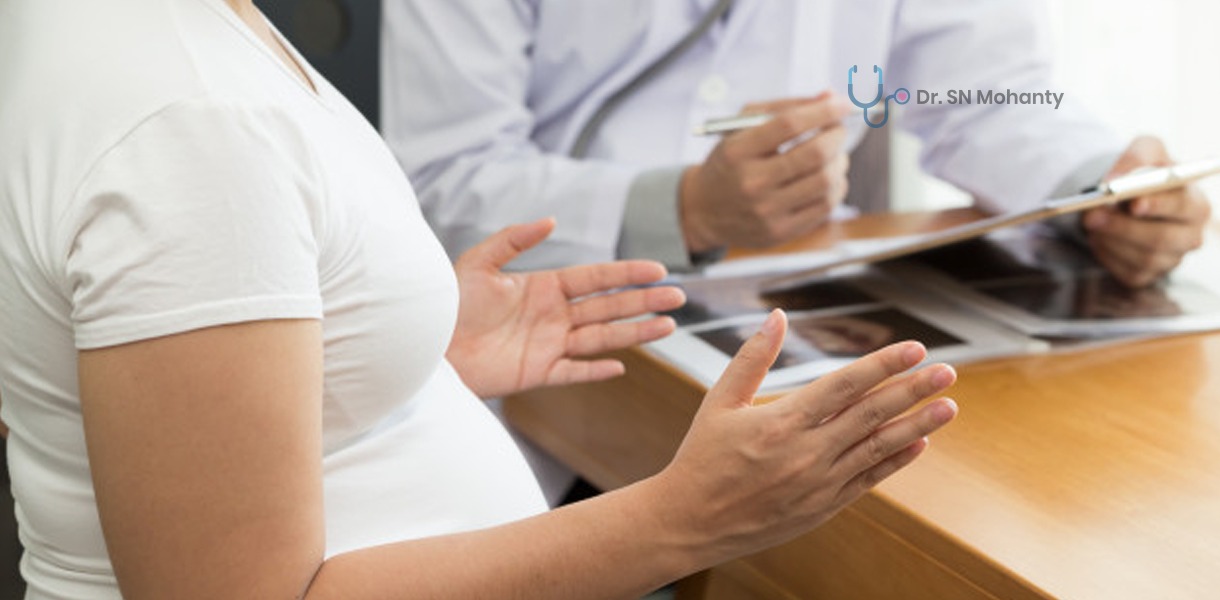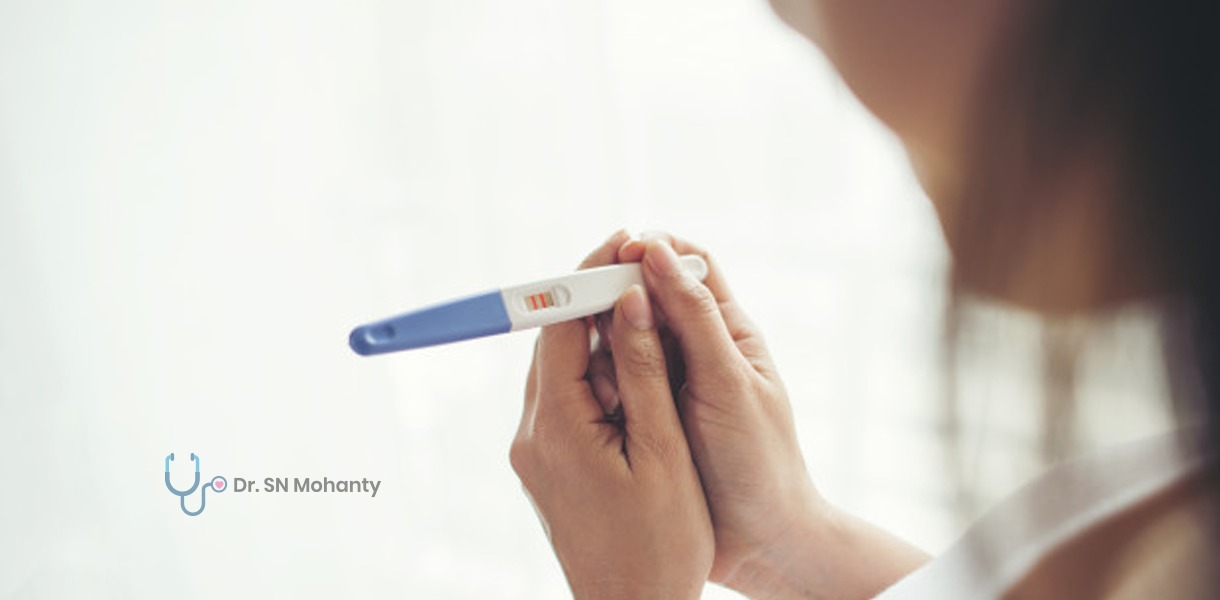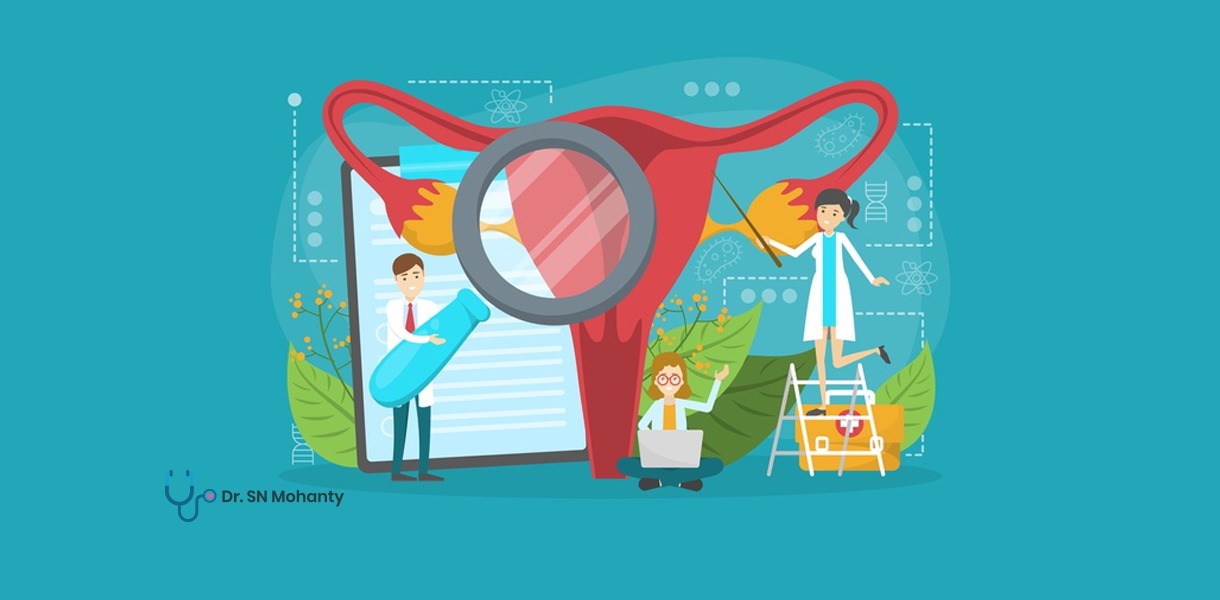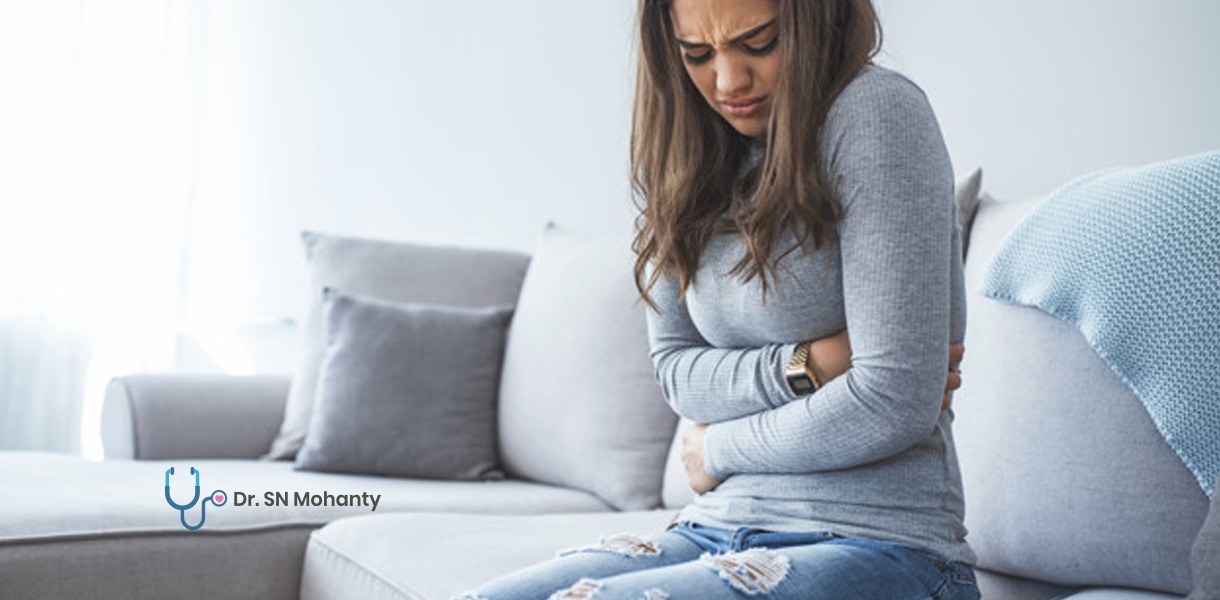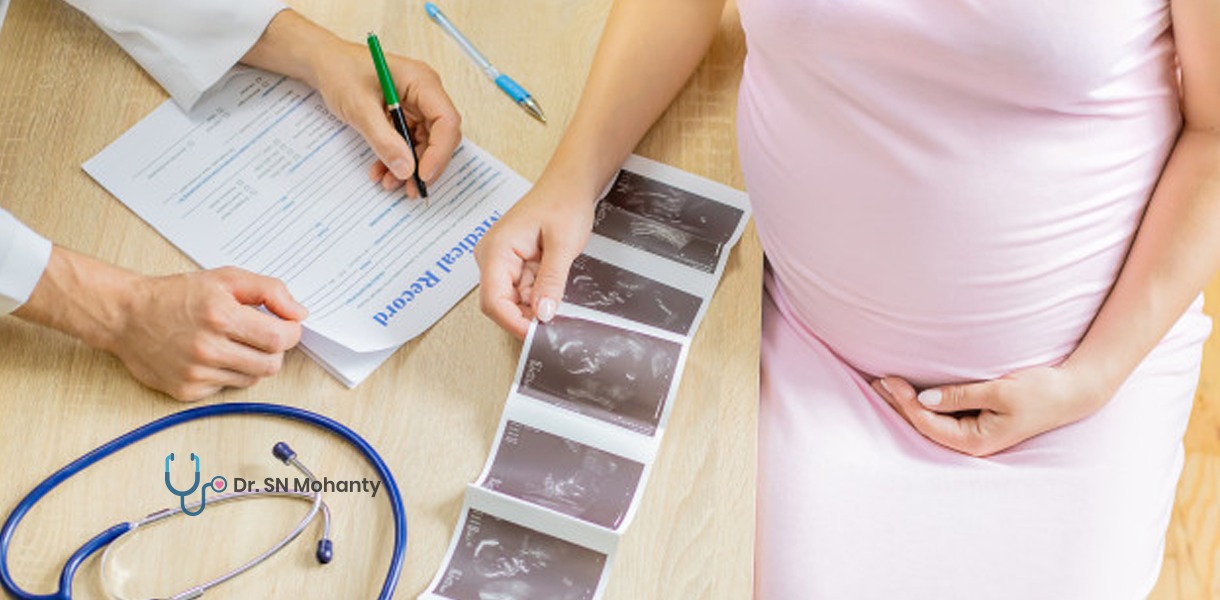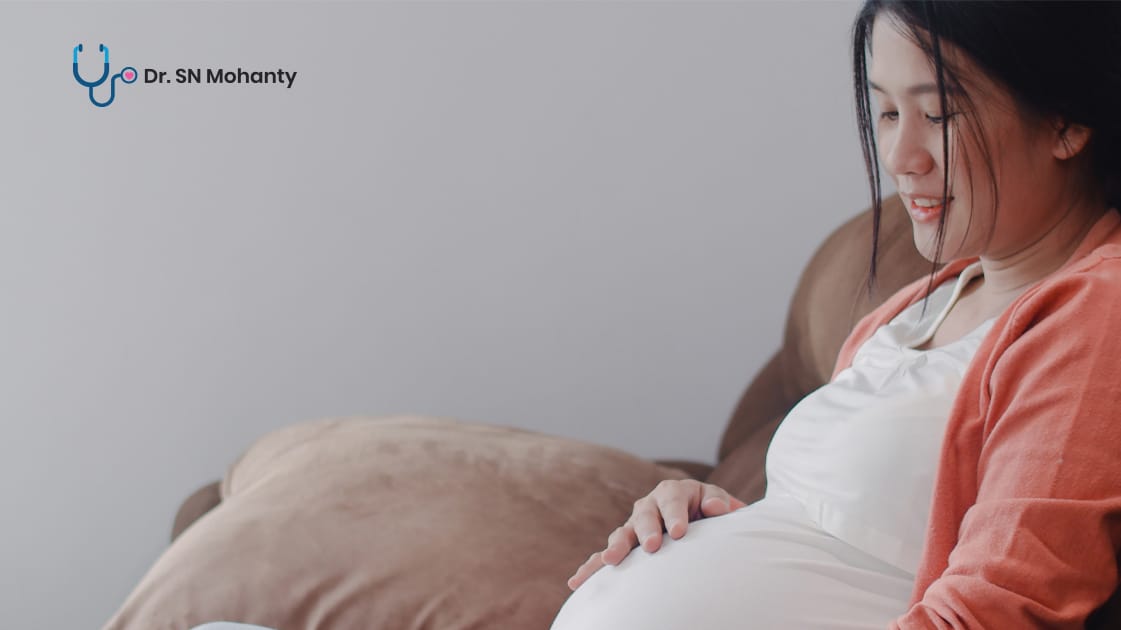
A female reproductive system consists of various reproductive organs. Most of the time, it is seen that woman's overall health and well-being are dependent on her reproductive health. Her reproductive health and well being is seen to be responsible for her quality of life. There are various gynecological problems that a woman has to face once in her lifetime.
There are various types of gynecological conditions that women have to face. Various treatments are available for various conditions. Sometimes, it is the scene that various gynecological problems have the same symptoms. The symptoms are the same but it is the probability that the cause or the problem behind the symptom is different.
Hence, women get confused about which symptoms are said to be normal and which of the symptoms need to be treated with the consultation of a gynecologist.
Dr. SN Mohanty, one of the best gynecologists recommends the women to have a routine gynecological checkup so that the doctor knows your history and can make out the exact cause of your genital problems with the help of various types of diagnosis at the early stage of the problems.
Suppose, if you are a woman with PCOS that is normal then this condition will show you the symptoms such as irregular bleeding and periods; sometimes it will show you post-coital bleeding. But these similar conditions can be seen in the woman having the submucosal type of fibroid. It shows that the symptoms are the same but the treatment and diagnosis regarding both the conditions are different. But with appropriate treatment, these conditions can be resolved.
The following are some most common symptoms seen in a woman that includes irregular or heavy bleeding, pelvic pain, and urinary problems, also various causes, diagnosis, and treatment regarding them.
Abnormal bleeding
It is one of the most common symptoms seen in women. Most of the reproduction-related problems start with irregular periods.
Various symptoms that include abnormal bleeding are as follows
• Variation in length and flow of menstruation
• Bleeding in between the periods
• Postmenopausal bleeding
These are the most common symptoms regarding abnormal bleeding. Some females might feel severe abdominal pain and pressure in addition to abnormal bleeding.
Diagnosis and treatment
Before diagnosing what is the actual problem with the female a complete history is noted by the doctor that includes questions such as:
Length of her menstrual cycle, any contraception pill is taken by her, date of her last period, any previous gynecological operation she has every undergone, last visit to the gynecologist, etc.
Examination and Causes
Most of the time after taking all the history, doctors recommend you have a pelvic exam so that he can examine the cervix. It will help the doctor the cause of the condition such as cervical polyps, erosion, and cancer. The pelvic examination also helps the doctor to examine the presence of fibroids and also size and type of it.
A full blood count test is recommended by the doctor so that the doctor can diagnose if the woman is having hormonal disturbance due to thyroid imbalance or is there any reason.
Menopause can also be a reason for heavy bleeding, hence doctors prescribe a woman to have a follicle-stimulating hormone (FSH) test. If the woman is having menopause then depending on her body type and body needs the doctor will prescribe her medicine such as contraception pills or a high dose of progestogen. In some cases, doctors prefer hysterectomy that is the removal of the uterus with surgery.
Pelvic pain
Pelvic pain is also one of the common symptoms experienced by women. In addition to it, they also feel problems, pain, or pressure in the bowel and bladder.
Diagnosis, causes, and treatments
The diagnosis-related with the pelvic pain starts with taking a record of the history of the woman.
The questions related to history may include:
Nature of pain, frequency, and associated factors, any problem is sex position, any problems in passing urine or bowels, bleeding during the urine of opening of bowels, etc.
The doctor may recommend the examination such as pelvic examinations, ultrasound imaging, and magnetic resonance imaging, and in some cases laparoscopic pelvic examination.
The woman who is diagnosed with a pelvic mass or abdominal mass but it is not a fibroid, may be symptomatic of ovarian cancer. If suspected with it, the doctors call them for frequent tests and keep them under observation for a minimum of 12 months along with the primary treatment.
If a woman is having symptoms such as backache, a lump in the vagina, or feel pulling in the vagina then, the women can be diagnosed with prolapse. The doctor can recommend the woman do pelvic floor exercise or surgery.
Urinary problems
Many of the women are prone to have urinary related problems more than one time in their life. Many of the women find problems in passing the urine, pain, blood while passing the urine, frequency of urination, and also sometimes urinary leakage.
Diagnosis, causes, and treatments
Assessment related to urinary problems may include the following:
• Abdominal examination
• Vaginal examination
• Midstream testing for urination
• Ultrasound to determine any mass
• Urodynamic testing
The causes of urinary problems range from minor urinary infections to major uterine fibroids and bladder conditions.
Treatments of urinary problems change from the minor to the major one. If it is a minor one, then the doctor will suggest having medications such as antibiotics. If it is a prolapsed then doctors recommend doing various pelvic exercises and if it is fibroid then he may recommend having a surgical procedure mostly the laparoscopic surgery.
While you are seeing a doctor for your gynecological problems, you should be ready with all your reproductive years’ history till now. Also, you should already know that you can be diagnosed with more than one problem.
Also, make sure that you share minor symptoms you have with your gynecologist so that he can make out an appropriate treatment decision for you. Always remember, prevention is better than cure. You should visit the doctor once you find any abnormalities related to your genital health. Gynecologists always use the wait and see approach in most of the cases.


